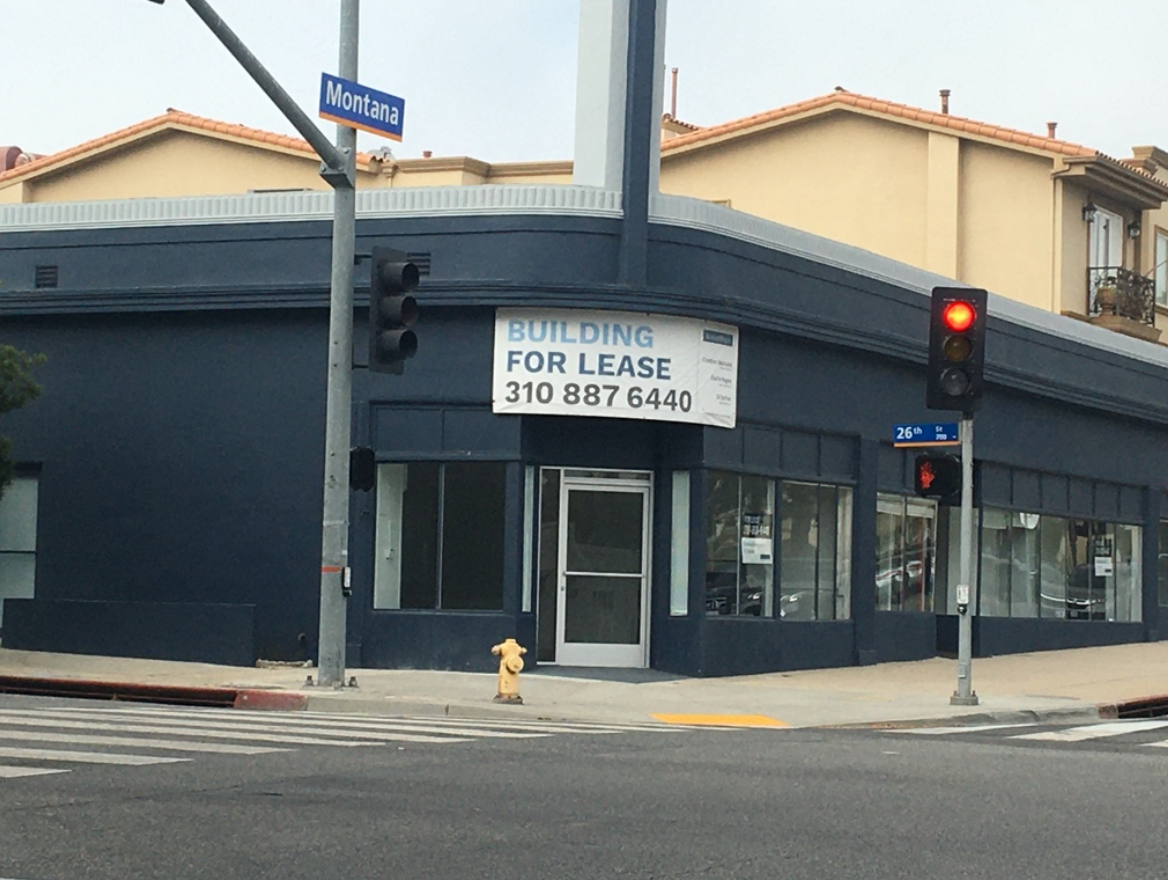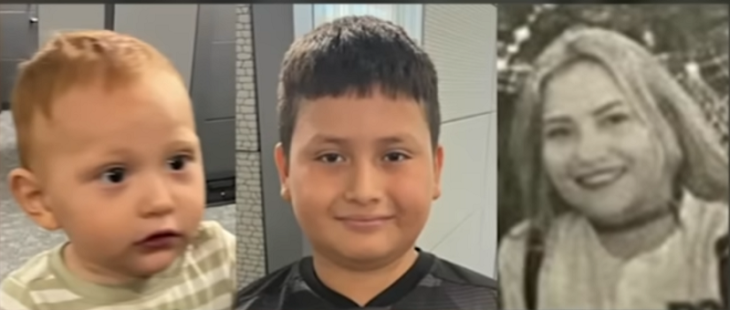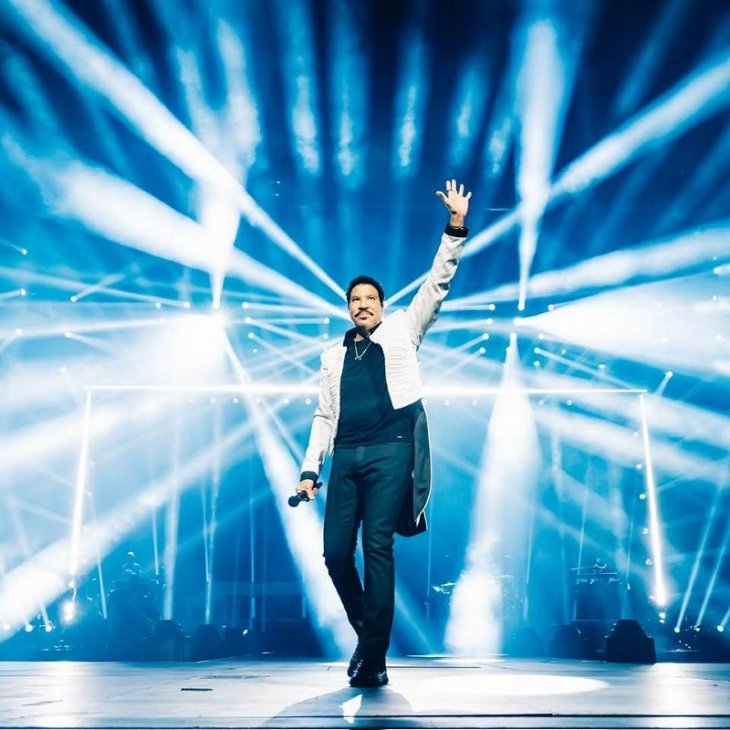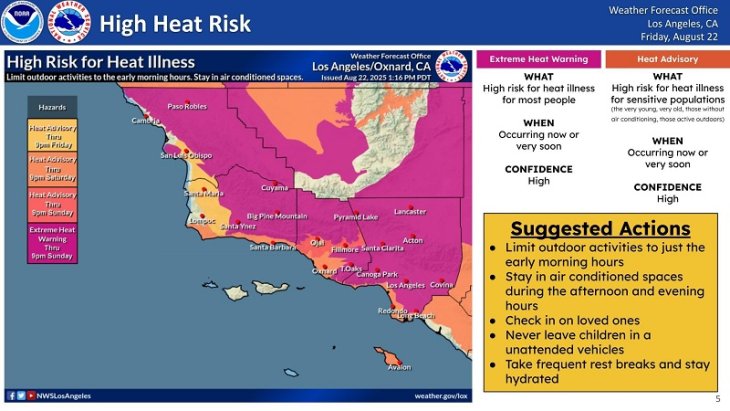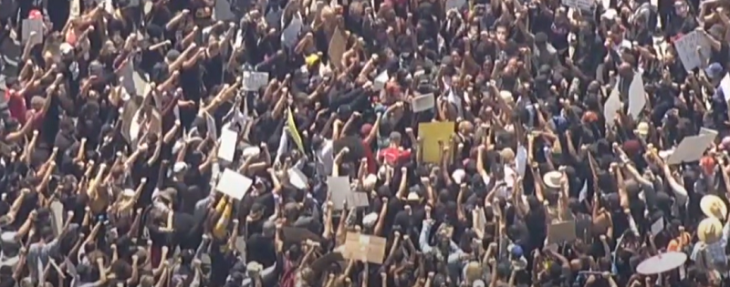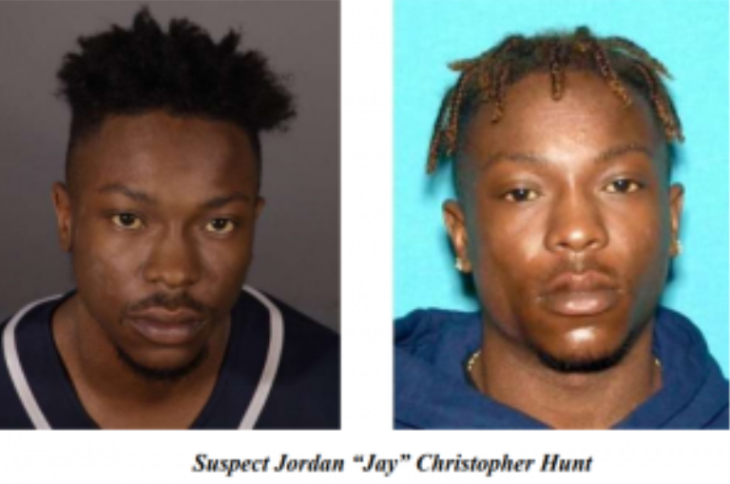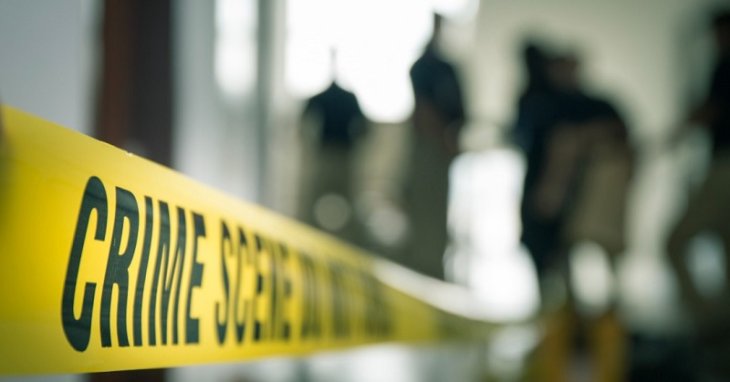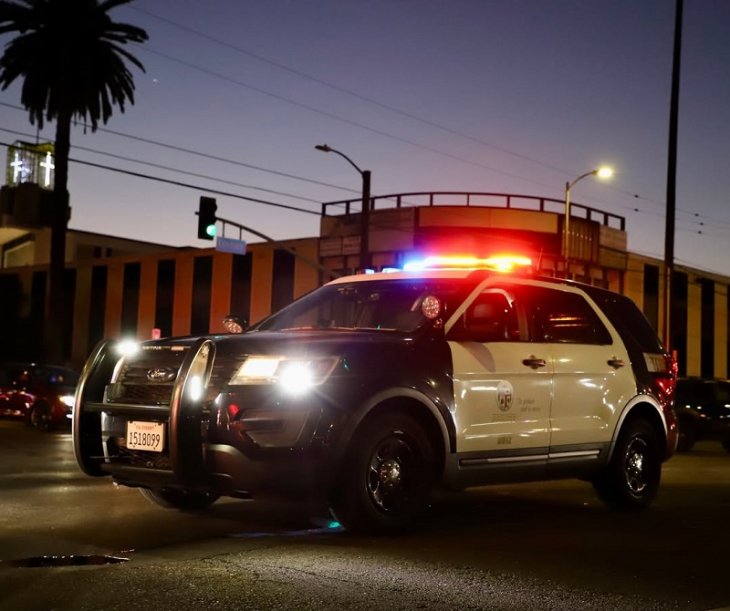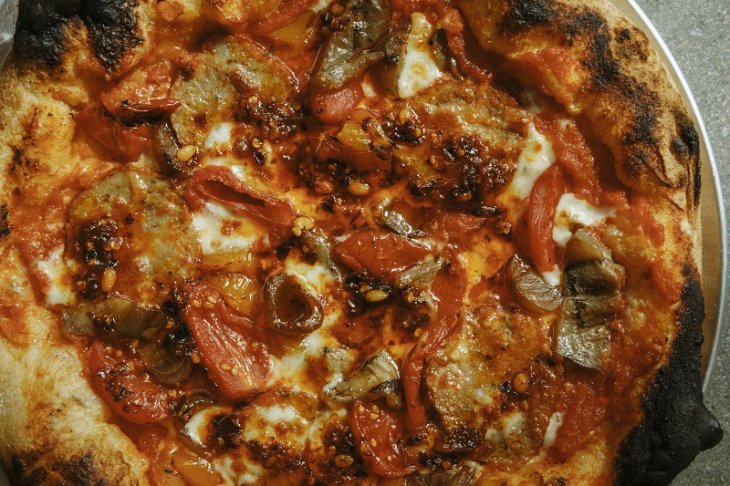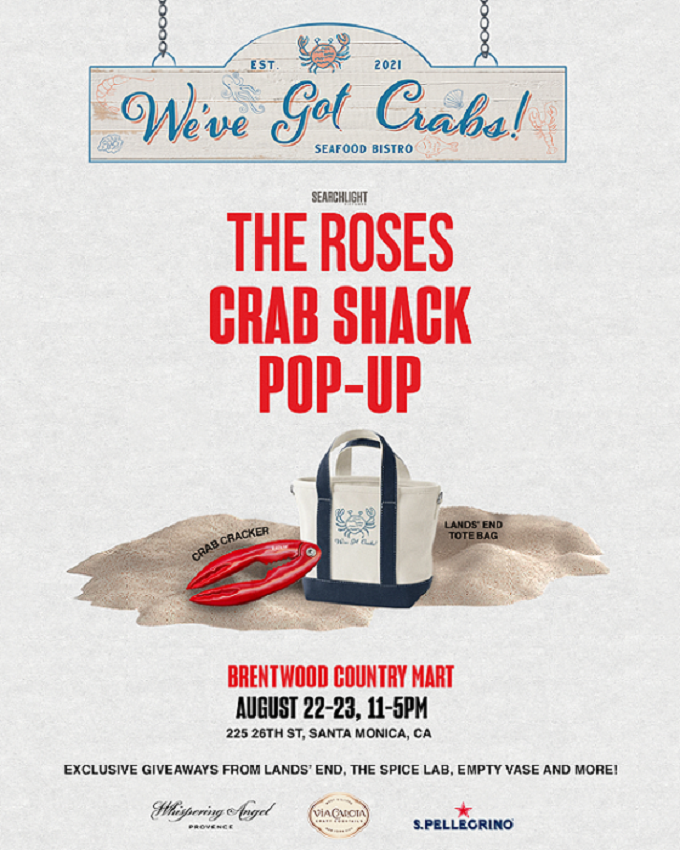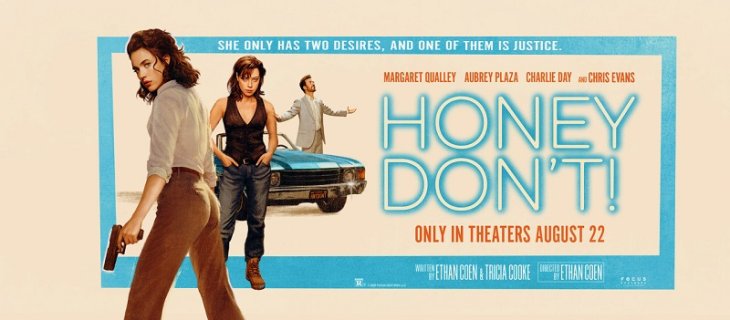
Stating the obvious, life in Brentwood these days is not what it used to be, thanks to COVID-19.
Some things are actually better, in my view. People seem friendlier, there is less traffic than before, it’s much more possible to find a parking space these days.
I really like how restaurants are setting up sidewalk dining areas. It brings our town to life a bit more.
The V.A. has, for the first time in memory, done more to set up tents for homeless veterans on the V.A. property. And while nobody likes homeless encampments on public streets, the tents along the V.A. at least look clean and uniform in appearance. I see now there are some portable toilet units along the fence, as well.
But there is sadness in the air.
Businesses we used to know and love have gone under. Pro Gym is gone, Souplantation will never return, I saw the other day that Brentwood Art Center, at the corner of 26th and Montana, is now shuttered.
There are lots more “for lease” signs than ever before on commercial buildings all around Brentwood.
Oddly, here we are in a near-depression, and Westside housing values – and rents – are going UP. It almost doesn’t make sense – except that demand for housing far outstrips supply.
Clearly there is a housing crisis all across Los Angeles. There isn’t a lot of land to build on. In the era of coronavirus, some are questioning the formerly popular idea of building high-density buildings near public transportation.
Things can only get worse. Many who haven’t paid rent in months are about to get evicted. Where will they go?
Landlords are people, too. If they can’t collect rent, they can’t pay the mortgages on their properties and might themselves be forced to go out of business.
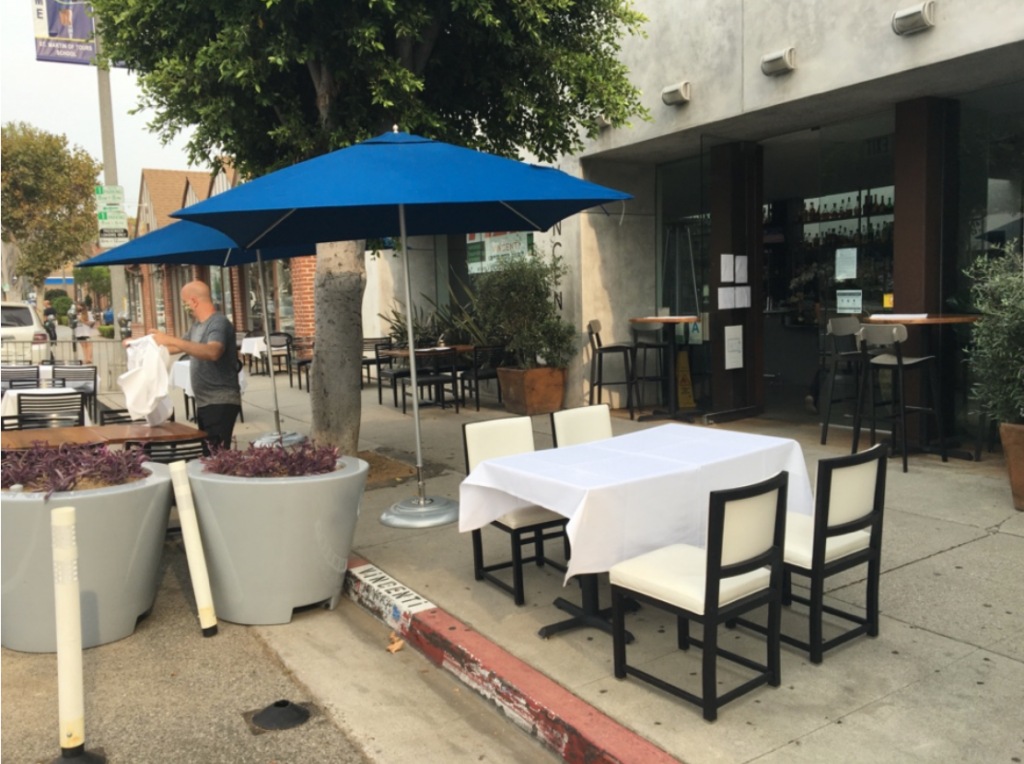
But if landlords kick out all the non-payers, will there enough new renters with incomes ready to take over the vacated units?
There is a bill in the California State Senate, SB 1120, that would allow homeowners to subdivide their own properties and build additional housing units.
This idea is wildly unpopular among homeowners who cherish their single-family residences and neighborhoods, but SB 1120 does beg the question: If not SB 1120, then what?
Maybe many commercial buildings – now empty – can be converted into housing.
Maybe more tent outposts for homeless individuals can be established on city or state parks. If centralized, services like healthcare, sanitation, food distribution, mental health care and job training can be more readily provided.
We have a lot of cracked and uplifted sidewalks the city will never get around to repairing. Why not put the homeless to work fixing sidewalks and filling potholes? In return for that, they could receive food and shelter in the new tent cities.
In communities like Brentwood, many domestic servants like nannies, gardeners and house cleaners drive in and out of our communities daily – sometimes driving over an hour each way.
Maybe we could build small villages throughout the Westside where many of these individuals could live in super-affordable housing. That would reduce traffic and stress on the individuals who serve us.
Their kids could go to local schools in the area – very possibly an upgrade from where they go to school now. If we really care about racial inequities, making it more possible for these people to live among us could be a step in the right direction.
We should do the same for our teachers, nurses, police officers and firemen.
Older homeowners should be allowed to build “granny flats” on their properties, making it possible those who provide services to the elderly to live close by.
Most elderly, I’m guessing, would prefer to stay in their homes (as opposed to moving off to some retirement facility far away). And with nursing homes facing greater risks from COVID, we need to think differently.
Anyway, these issues are complex and I’m not claiming to have all the answers. But we need to ask the questions.
We surely can’t solve the many crises facing us by not facing them.
If not SB 1120, then what? We can’t be against everything. What are we FOR?

